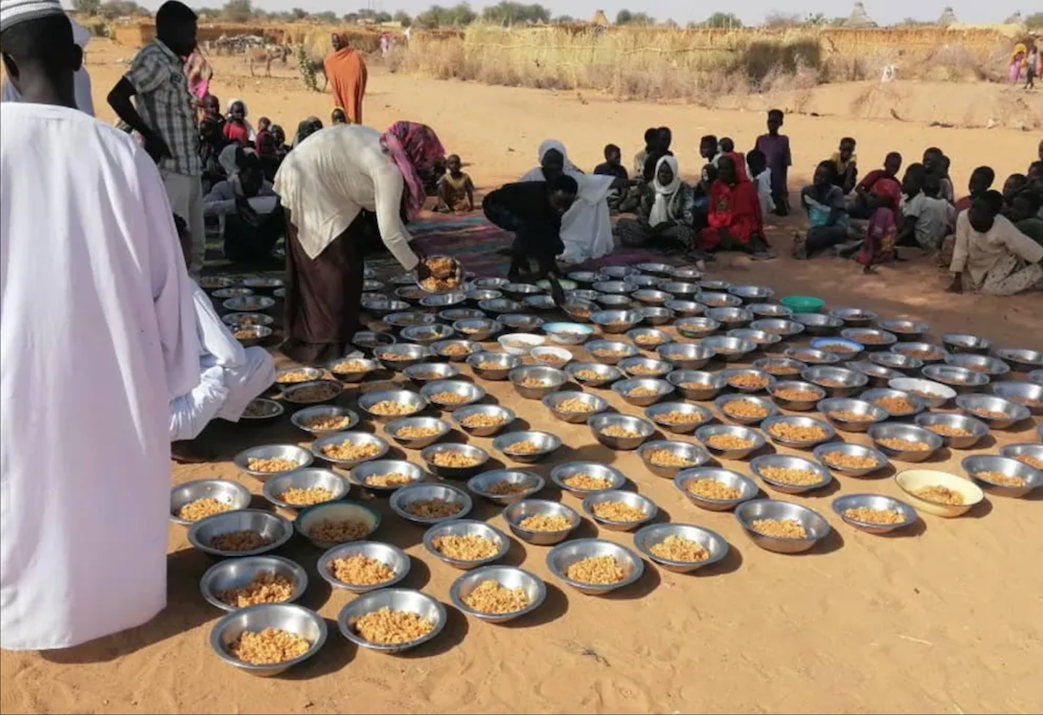
The United Nations on Dec. 20 raised alarms over the worsening humanitarian situation in El Fasher, capital of Sudan’s North Darfur state, where a months-long siege by the Rapid Support Forces (RSF) has devastated lives and infrastructure. According to the UN Human Rights Office (OHCHR) report, more than 782 civilians have been killed and 1,143 injured since May 2024, with thousands more trapped in the city. Testimonies gathered by the OHCHR reveal the indiscriminate nature of the attacks, including the deliberate targeting of civilian areas and healthcare facilities. Accounts from survivors depict a city under constant bombardment, with residents forced to abandon their homes amid extensive looting and violence by RSF forces.
Victims and witnesses interviewed by the OHCHR in October and November described civilians trapped by intense fighting in residential neighborhoods, without any opportunity to evacuate before hostilities erupted in April 2023.
Attacks on critical infrastructure in El Fasher have intensified civilian suffering. Al-Saudi Maternity Hospital, which provides essential surgical and reproductive health services, has been repeatedly shelled. In one such attack on June 22, an RSF shell hit the hospital pharmacy and killed five civilians, including a pharmacist. Similar assaults have also targeted the Zamzam IDP camp, housing hundreds of thousands of displaced individuals, leading to at least 15 deaths.
Some abuses were attributed to the city’s defenders, the Sudanese Armed Forces and allied armed groups that signed the Juba Peace Agreement, together known as the Joint Forces. OHCHR monitoring reported that dozens of individuals were detained by the Joint Forces in an informal facility on accusations of alleged collaboration with the RSF, with detainees denied the right to inform their families or receive legal assistance. Further reported abuses included torture, ill-treatment, sexual and gender-based violence, and disappearances, which were often ethnically motivated.
While the Darfur region has been hardest hit, fighting continues throughout Sudan. On Dec. 19, three staff members of the World Food Program (WFP) were killed in an aerial bombardment in Blue Nile state. WFP executive director Cindy McCain condemned the attack, stating: “Any loss of life in humanitarian service is unconscionable.”
The growing refugee crisis from the Sudan war is causing a strain on neighboring South Sudan as well. Over 80,000 refugees have arrived in just three weeks, joining over one million individuals already seeking safety. The OHCHR warns of a worsening humanitarian crisis in border areas due to such an influx of refugees, exacerbated by insufficient funding.
UN officials have urged all parties to the conflict to cease hostilities and allow unimpeded humanitarian access. The international community has been called upon to intensify mediation efforts and ensure compliance with existing arms embargoes. With Sudan’s war now entering its 20th month, UN Secretary-General António Guterres has reiterated the urgent need for a ceasefire and accountability for violations.
From JURIST, Dec. 21. Used with permission.
Photo: Shaqra Emergency Response Room via TNH





Rapid Support Forces again attack Zamzam displacement camp
The paramilitary-turned-rebel Rapid Support Forces is once again attacking Zamzam displacement camp, where famine was declared last year. Fighters stormed the camp—the largest in Sudan—on Feb. 11, leading to reports of mass casualties and multiple warnings that there is risk of genocidal RSF violence. (TNH)
Sudan: aid suspended at Zamzam displacement camp
The World Food Program and Médecins Sans Frontières have halted relief efforts in the famine-striken Zam Zam displacement camp in North Darfur state amid repeated attacks by the Rapid Support Forces. Elsewhere in the country, at least 46 people were killed after a Sudanese army plane crashed in a residential area in Omdurman. (TNH)